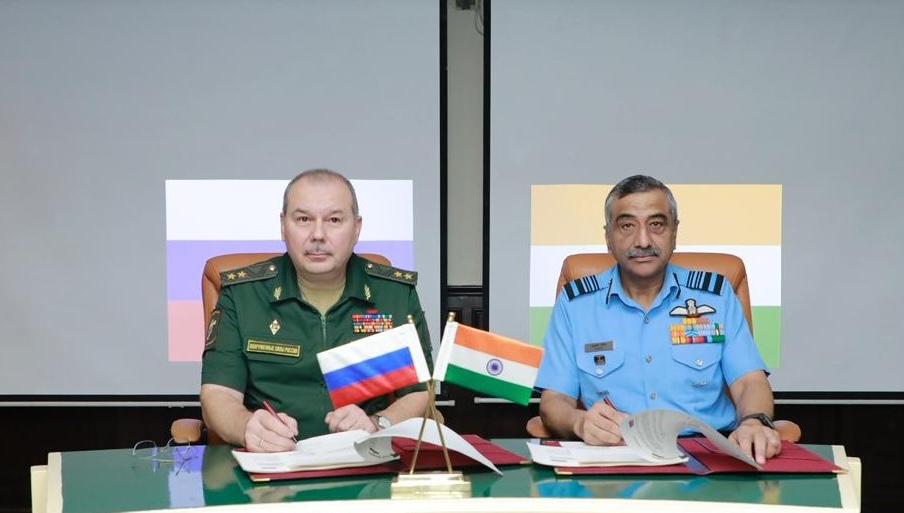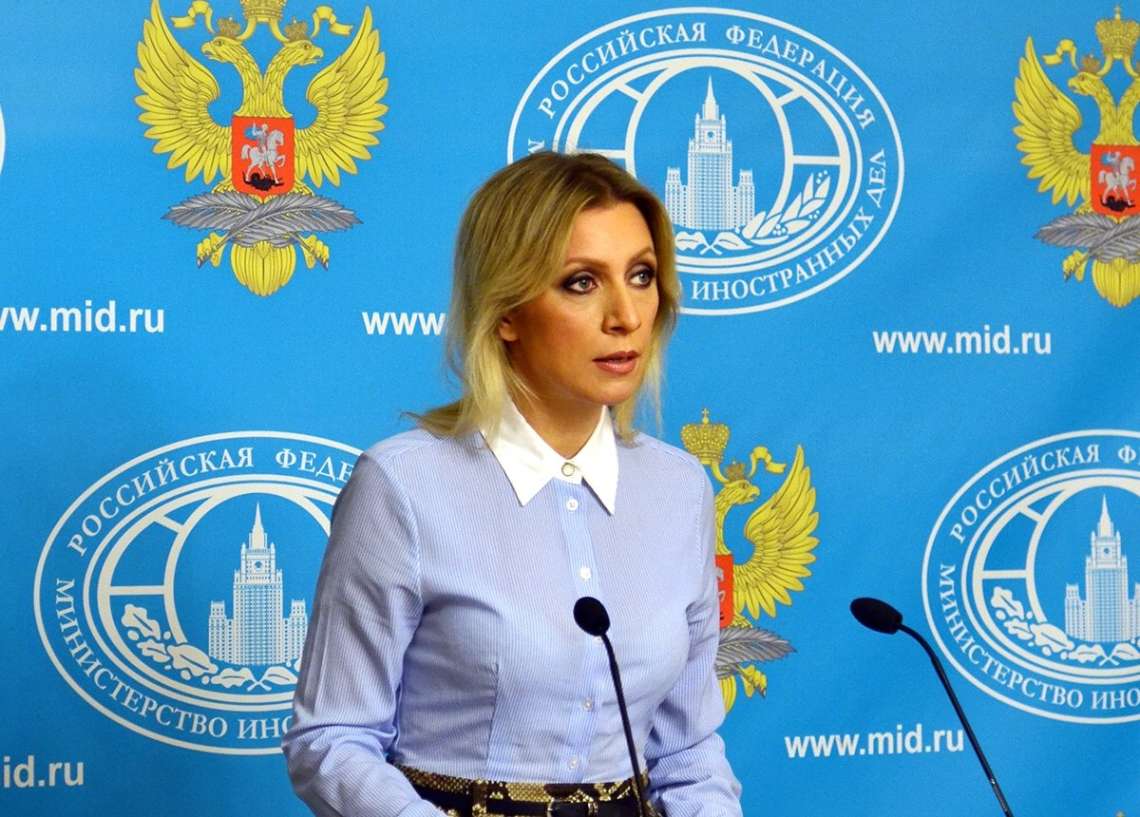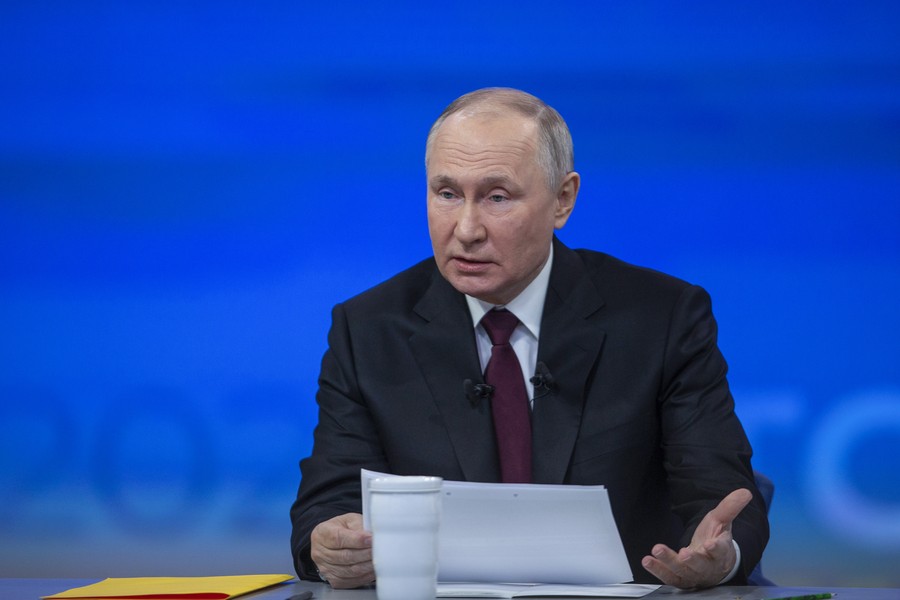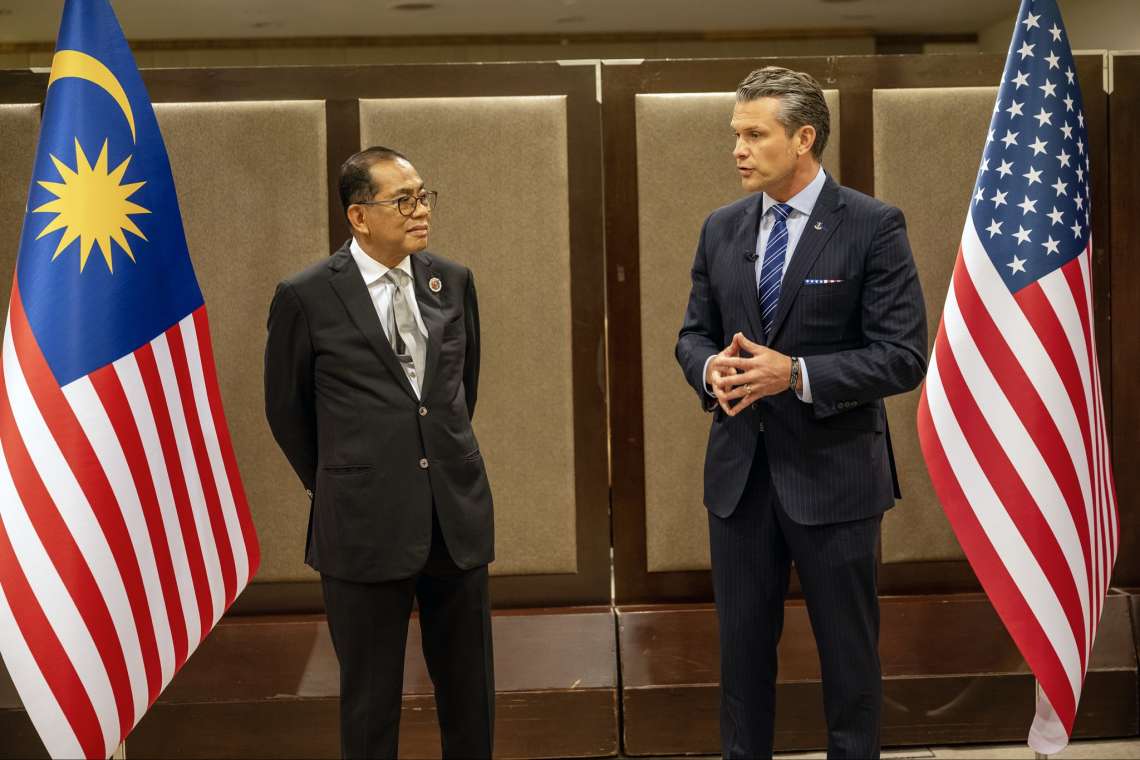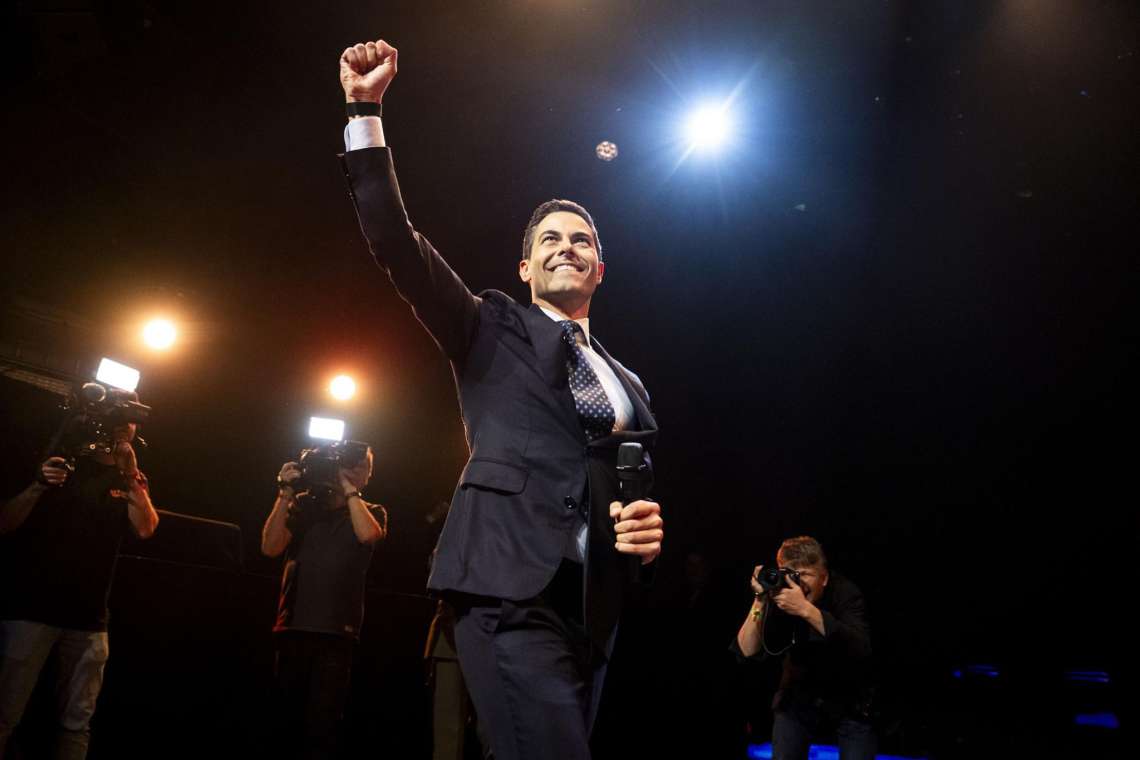Report finds German firms have paid billions in taxes to Russia since the Ukraine invasion, fuelling accusations they are sustaining the Kremlin’s war economy despite sanctions.
German multinationals are under renewed scrutiny after a new study revealed they have paid nearly €1.72 billion in taxes to Russia since the full-scale invasion of Ukraine began, prompting critics to accuse them of indirectly financing the Kremlin’s war machine. Despite sanctions, public pressure and corporate pledges to exit the Russian market, more than half of German firms that operated in Russia before February 2022 continue to do business there, according to the findings, Euronews reported.
The report, compiled by the Kyiv School of Economics (KSE) alongside advocacy groups B4Ukraine and the Squeezing Putin Initiative, highlights what campaigners describe as a significant moral and strategic dilemma at the heart of Europe’s economic ties with Moscow. Although these companies are operating legally under EU rules, critics argue their tax payments bolster Russia’s ability to wage war.
Nezir Sinani, director of B4Ukraine, said the figures demonstrated that Western corporates were still helping sustain the Russian state. He stated that companies “support Russia’s war economy through the taxes they pay”, adding that by maintaining operations inside the country, firms were “continuing to contribute to the Russian economy and thereby supporting the war”, Euronews reported.
Sinani described the situation as “a loophole that must be closed”, insisting that companies staying in Russia were not simply engaged in commercial activity but were, in effect, feeding the Kremlin’s war budget.
According to the report, international firms operating in Russia paid at least $20 billion (€17.2bn) in taxes to Moscow in 2024 alone. Since the invasion began, foreign corporate contributions have surpassed $60 billion (€51.8bn). Analysts note that this figure equates to nearly half of Russia’s 2025 defence budget, estimated at $145 billion (€125bn) by the International Institute for Strategic Studies. Campaigners say such sums could finance more than one million soldiers or procure thousands of Iranian-designed Shahed attack drones — a staple of Russia’s campaign targeting Ukrainian infrastructure and cities.
German companies are among the biggest contributors, second only to US corporations. The report estimates that between 2022 and 2024, German firms paid up to $2 billion (€1.72bn) annually in taxes to Russia. In 2024 alone, German businesses contributed around $594 million (€513.5m), compared with $1.2 billion (€1bn) from US-based companies.
Many of the firms still present in Russia operate in consumer goods and construction materials, including cheese producer Hochland and gypsum manufacturer Knauf. While not violating sanctions, their continued presence has sparked frustration in Kyiv and among civil society groups pushing for a full economic disengagement from Russia.
Supporters of withdrawal argue that economic pressure remains one of the few effective levers available to weaken Moscow’s war effort without direct military escalation. The Kremlin has sought to stabilise its economy through import substitution and closer ties with non-Western markets, but tax revenue from Western firms still provides a valuable backstop.
Some German firms have cited contractual obligations, protection of local employees and the complexity of unwinding assets in Russia as reasons for staying. Others insist they are scaling down operations gradually. However, critics say explanations are insufficient when weighed against the humanitarian and geopolitical cost of the war.
The debate touches a wider European question: whether economic pragmatism can coexist with strategic resolve in a conflict reshaping the continent’s security landscape. As the war enters its third year and Russia deepens militarisation, pressure on governments and corporations is mounting to tighten financial channels linked to Moscow. The KSE report forecasts that firms continuing operations may face growing reputational risks and stricter regulation as Western allies reassess their financial exposure to Russia.
For now, German corporate presence in Russia remains a politically charged issue — one that has re-emerged as a litmus test of Europe’s commitment to isolating the Kremlin while supporting Ukraine’s defence and reconstruction.



